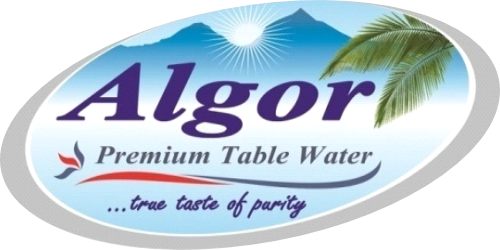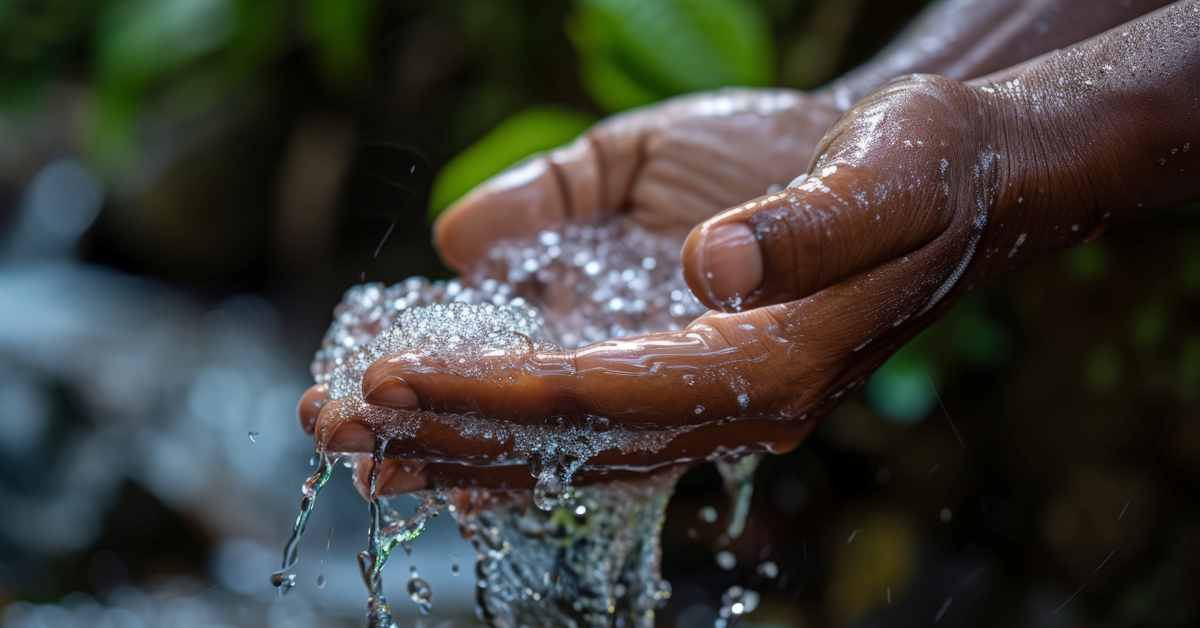Water is essential to life. It makes up approximately 60% of the human body and is involved in nearly every function, from cellular processes to regulating body temperature. But how does water specifically affect your health, skin, and overall well-being? In this post, we’ll dive deep into the three primary areas where water plays a crucial role in your health: hydration, skin health, and overall well-being.
1. Hydration: The Foundation of Health
Hydration is the cornerstone of maintaining health and ensuring that your body operates at its best. Every organ, tissue, and cell in your body relies on water to function properly.
Key Benefits of Staying Hydrated
The body loses water through breathing, sweating, and digestion, and it’s crucial to replace these fluids by drinking water and consuming water-rich foods.
Here are a few key benefits of staying hydrated:
- Optimal Physical Performance: Whether you’re an athlete or simply engaging in daily activities, hydration is key to maintaining energy and stamina. Even mild dehydration can lead to a decrease in physical performance, resulting in fatigue, muscle cramps, and reduced endurance.
- Cognitive Function and Mental Clarity: The brain is highly sensitive to dehydration. Lack of water can lead to headaches, lack of focus, and impaired short-term memory. Studies show that even a 1-2% loss of body water can negatively impact brain function, making hydration crucial for maintaining cognitive clarity and productivity.
- Temperature Regulation: Water helps regulate body temperature through sweat and respiration. When you’re dehydrated, your body loses its ability to efficiently cool itself, which can lead to overheating, especially during physical activity or in hot environments.
- Detoxification: The kidneys play a crucial role in detoxifying your body by filtering waste from your bloodstream. Adequate water intake supports kidney function, helping to flush out toxins through urine and maintaining a healthy balance of electrolytes.
How Much Water Should You Drink?
The general recommendation is to drink at least 8 glasses (about 2 litres) of water a day, but individual needs vary depending on factors like age, activity level, climate, and overall health. A good rule of thumb is to listen to your body—drink when you’re thirsty, and aim to keep the urine a light, straw-like colour, which indicates proper hydration.
Signs of Dehydration
Dehydration can creep up without obvious signs, but being aware of the symptoms can help you stay hydrated:
- Thirst or dry mouth
- Dark yellow or amber-colored urine
- Fatigue or lethargy
- Headaches or dizziness
- Muscle cramps
- Dry skin
By recognizing these symptoms early, you can ensure that you rehydrate and prevent more severe health complications.
2. Water and Skin Health: The Natural Glow
Your skin is the largest organ in your body, and it relies heavily on water for its health and vitality. While drinking water alone won’t necessarily cure all skin issues, it plays a vital role in keeping your skin hydrated, plump, and glowing.
How Water Improves Skin Health
- Hydration from the Inside: Drinking enough water ensures that skin cells are hydrated from within, contributing to a supple, youthful complexion. Dehydration, on the other hand, can make your skin look dull, dry, and prone to wrinkles.
- Enhanced Elasticity: Hydrated skin is more resilient and elastic, reducing the likelihood of fine lines and sagging. Elasticity decreases as you age, but maintaining proper hydration can help slow down this process.
- Prevention of Acne: While many factors contribute to acne, proper hydration helps balance the oils in your skin. When the skin is dry, oil glands may produce more sebum, leading to clogged pores and breakouts. Drinking enough water can help maintain a balance and reduce excess oil production.
- Detoxification and Healing: Water supports the natural detoxification process, flushing out toxins that could otherwise contribute to skin irritation, inflammation, or acne. Staying hydrated also speeds up the skin’s healing process after injuries, burns, or blemishes.
The Role of Water in Skin Care
- External Hydration: While drinking water is crucial, hydrating your skin from the outside is also important. Using moisturizers with water-binding ingredients (like hyaluronic acid) can lock in hydration and prevent water loss from the skin. Additionally, using gentle cleansers helps maintain the skin’s natural moisture barrier.
- Bathing and Showers: While it’s tempting to take long, hot showers, prolonged exposure to hot water can strip the skin of its natural oils, leading to dryness and irritation. Opt for lukewarm showers and moisturize afterwards to lock in hydration.
Can Water Prevent Aging?
Although drinking water won’t reverse signs of ageing, it can certainly help slow down the appearance of fine lines and wrinkles. Dehydrated skin tends to look more wrinkled and less plump, so maintaining adequate hydration is key to preserving a youthful glow.
3. Water and Overall Well-being: Beyond the Basics
Water isn’t just about keeping you hydrated or making your skin glow—it plays a much larger role in your overall well-being. Here are some additional benefits of drinking enough water:
- Energy Levels and Mood: Water plays a role in maintaining energy levels throughout the day. Dehydration can cause fatigue and reduced energy, impacting your ability to focus and stay productive. Additionally, lack of hydration can affect mood. Mild dehydration has been shown to increase feelings of anxiety, irritability, and general discomfort. Drinking enough water helps stabilize mood and keeps energy levels consistent.
- Digestive Health and Weight Management: Water is essential for a healthy digestive system. It aids in breaking down food, absorbing nutrients, and moving waste through the digestive tract. Inadequate water intake can lead to constipation and other gastrointestinal issues. For those looking to manage their weight, water can also be an ally. Drinking water before meals helps control appetite, and water-rich foods (like fruits and vegetables) can contribute to a feeling of fullness, preventing overeating.
- Joint Health and Mobility: The cartilage in joints contains about 80% water, which acts as a cushion and lubricant between bones. Dehydration can lead to stiff, achy joints, increasing the risk of injury. Staying hydrated keeps joints lubricated, supporting flexibility and reducing the chances of joint pain or inflammation, especially for active individuals.
- Immune System Support: Staying hydrated is crucial for a strong immune system. Water helps transport oxygen to cells and flushes out toxins and waste products that could weaken your immune system. It also aids in the production of lymph, a fluid that circulates white blood cells, helping your body fight off infections.
- Heart Health: Dehydration can negatively affect your cardiovascular system, leading to increased heart rate and lowered blood pressure. When dehydrated, your heart must work harder to pump blood, which can lead to feelings of lightheadedness and fatigue. Drinking enough water keeps your blood volume stable, promoting better circulation and heart health.
Tips for Incorporating More Water Into Your Day
If you struggle with drinking enough water, here are some tips to make hydration a habit:
- Carry a water bottle: Keep a reusable water bottle with you at all times, whether at work, home or on the go.
- Infuse with flavour: If plain water doesn’t appeal to you, try adding natural flavours like lemon, cucumber, or mint for a refreshing twist.
- Eat water-rich foods: Incorporate foods with high water content into your diet, such as watermelon, cucumbers, oranges, and lettuce.
- Set reminders: Use phone apps or alarms to remind yourself to drink water throughout the day.
- Drink water with meals: Make a habit of sipping water with your meals and snacks to ensure steady hydration.
Conclusion
Water is truly the essence of life. It affects everything from your body’s ability to function properly to the health and appearance of your skin. Staying hydrated improves cognitive function, boosts energy levels, and helps protect your body against various ailments. While drinking water might seem like a simple task, its impact on your health is profound. Whether you’re aiming for clearer skin, more energy, or better overall well-being, remember that it all starts with a glass of water. Drink up and feel the difference!


